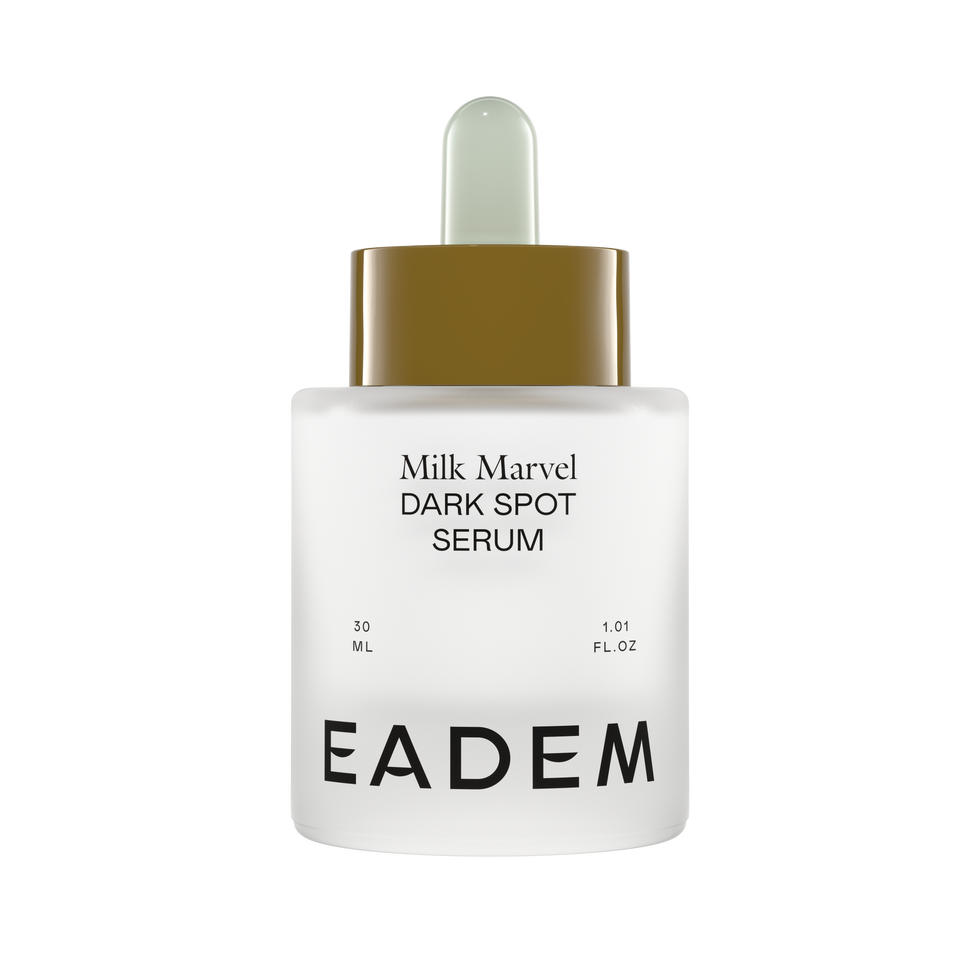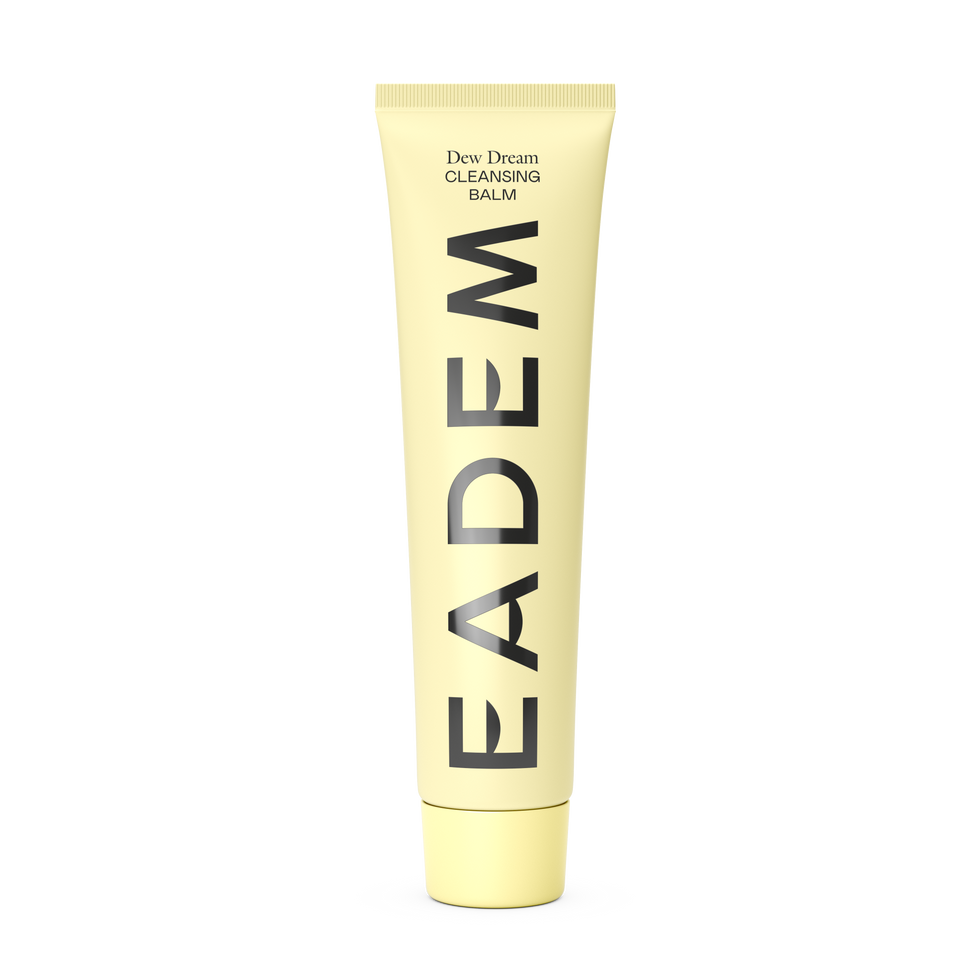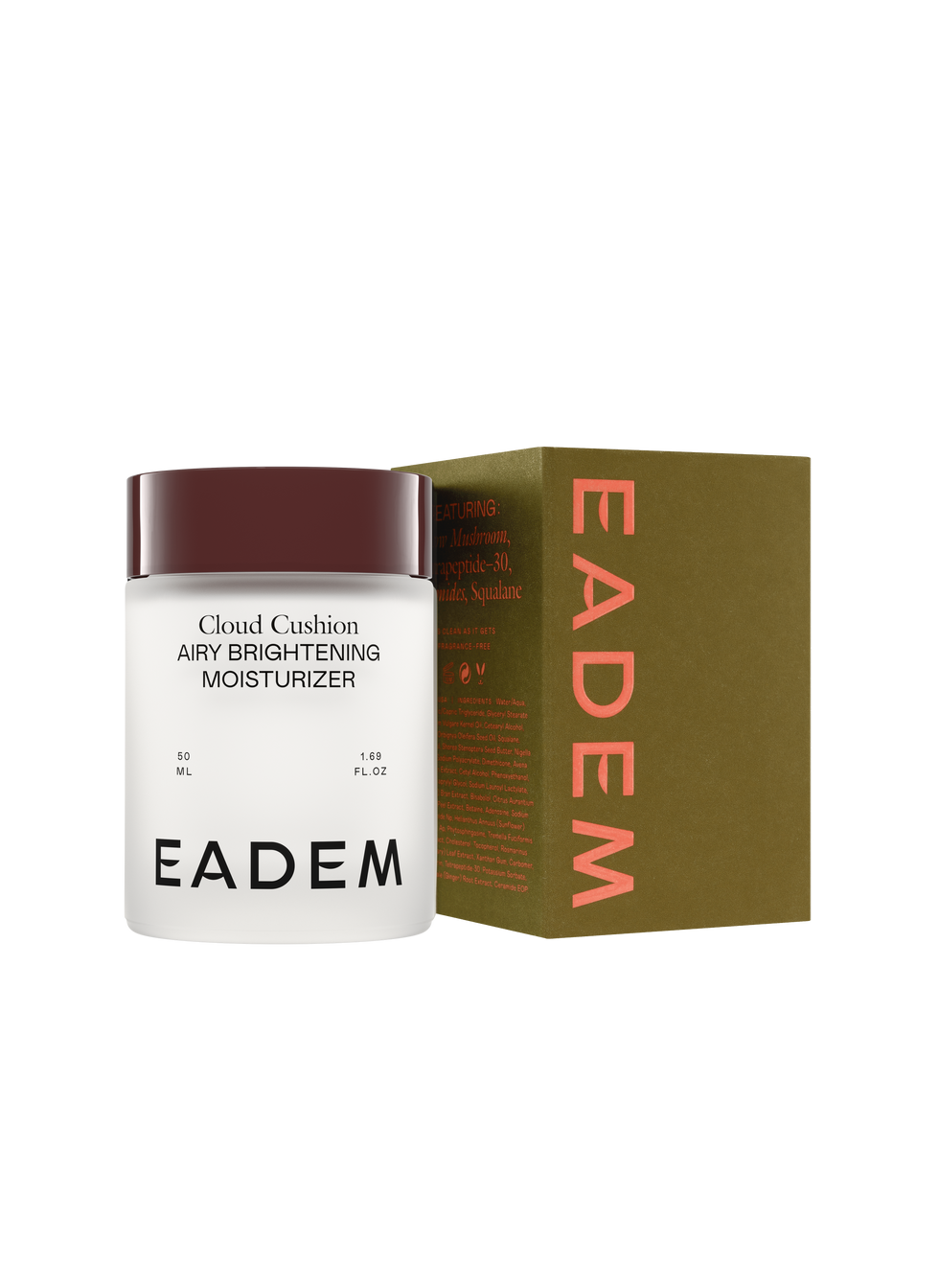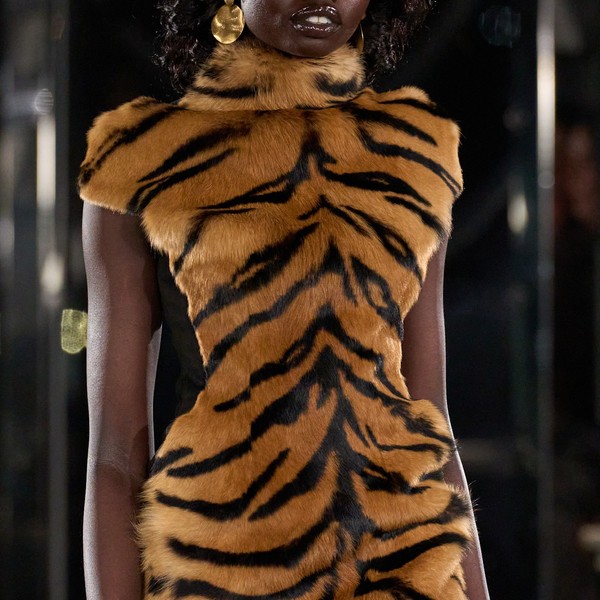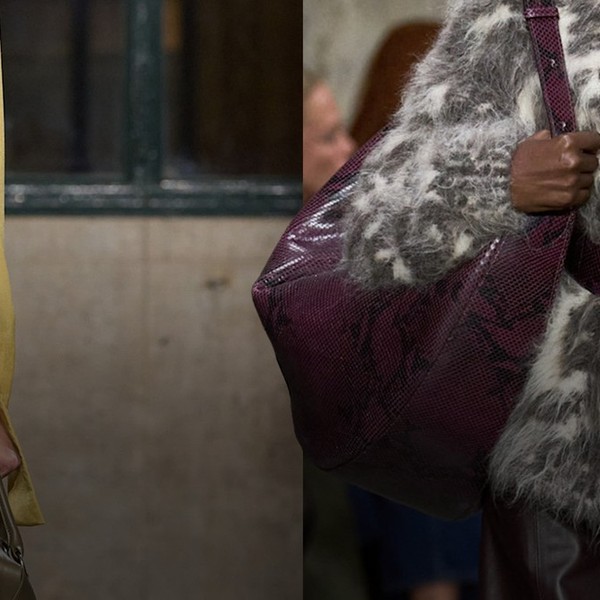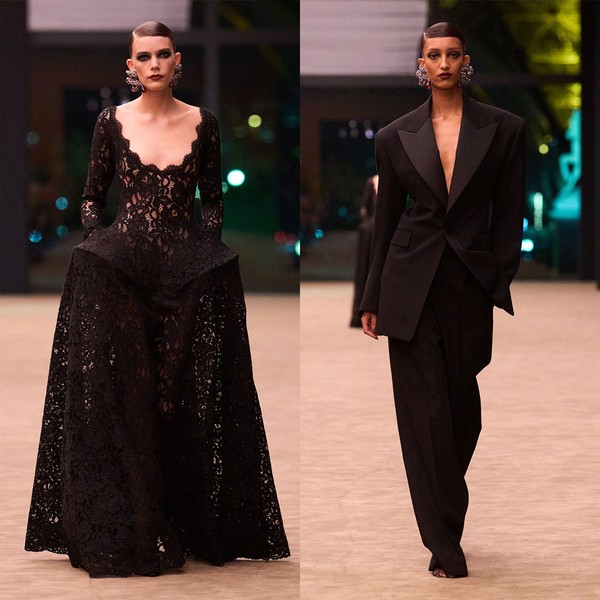Eadem is Redefining the Skincare Industry
The beauty brand puts the needs of melanin-rich skin first.
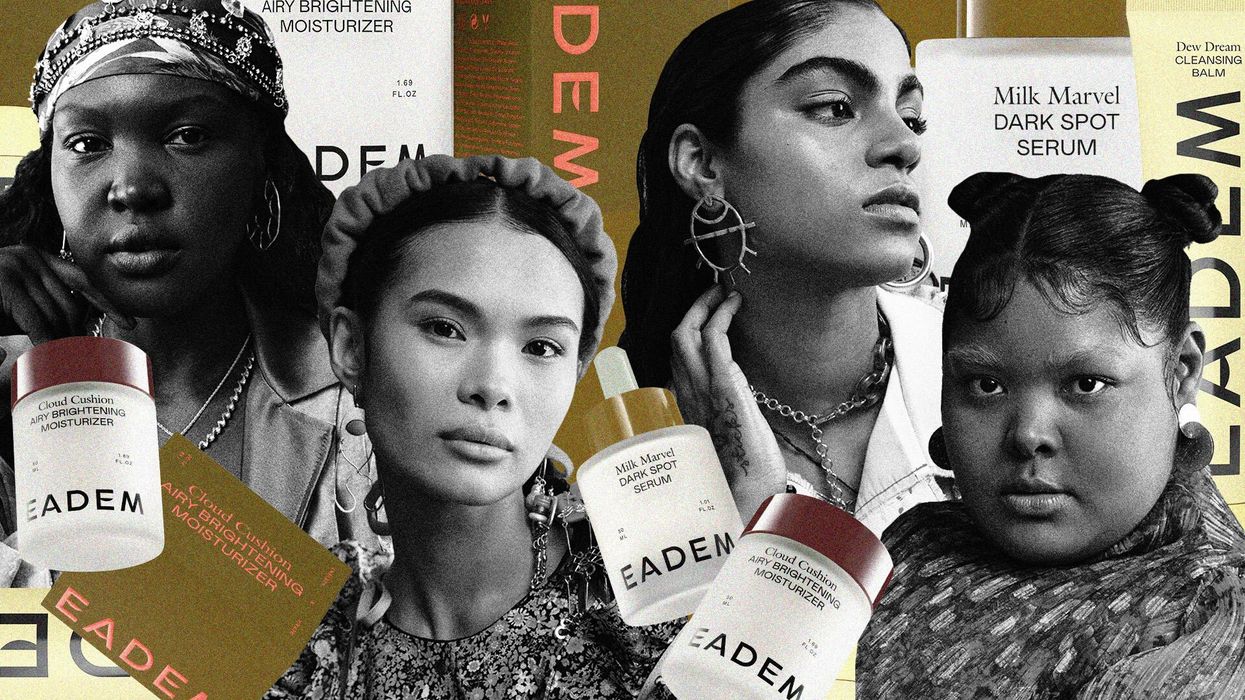
Like all great startup co-founders, Marie Kouadio Amouzame and Alice Lin Glover met while working at Google. They bonded over their immigrant parents—from the Ivory Coast and Taiwan, respectively–and their love of beauty. Through their conversations, they learned that they both struggled to find an effective hyperpigmentation skincare product. “Looking at the landscape, it felt like no one was addressing it, or talking to us, which was kind of crazy,” says Amouzame.
So in 2018, they decided to start Eadem (which means “the same” in Latin), a lifestyle blog for women of color. Now, Eadem is a beauty brand with products designed for that same community. “Early on, when we were trying to formulate the products and learning as we went. We realized that in order to launch a product, it takes about two years, more or less,” says Amouzame. “And so, are you going to wait two years and do nothing when you know exactly what type of community you want to build? Those conversations were a great feedback loop for us to understand our community better, what they needed, what they wanted, and what they wanted to talk about.”
Eadem launched their line in 2020 with their Milk Marvel Dark Spot Serum, a product that’s as beautiful as it is efficacious. The serum is specifically formulated to be gentle and melanin-friendly. The ingredient list is thoughtful, containing a combination of niacinamide, vitamin C, and fruit enzymes to fade dark spots while leaving the rest of your complexion intact.
Now, three years after their first product launch, Eadem is bigger than ever. Ahead, we spoke to Amouzame about why they decided to create this brand, the challenges they faced along the way, and more.
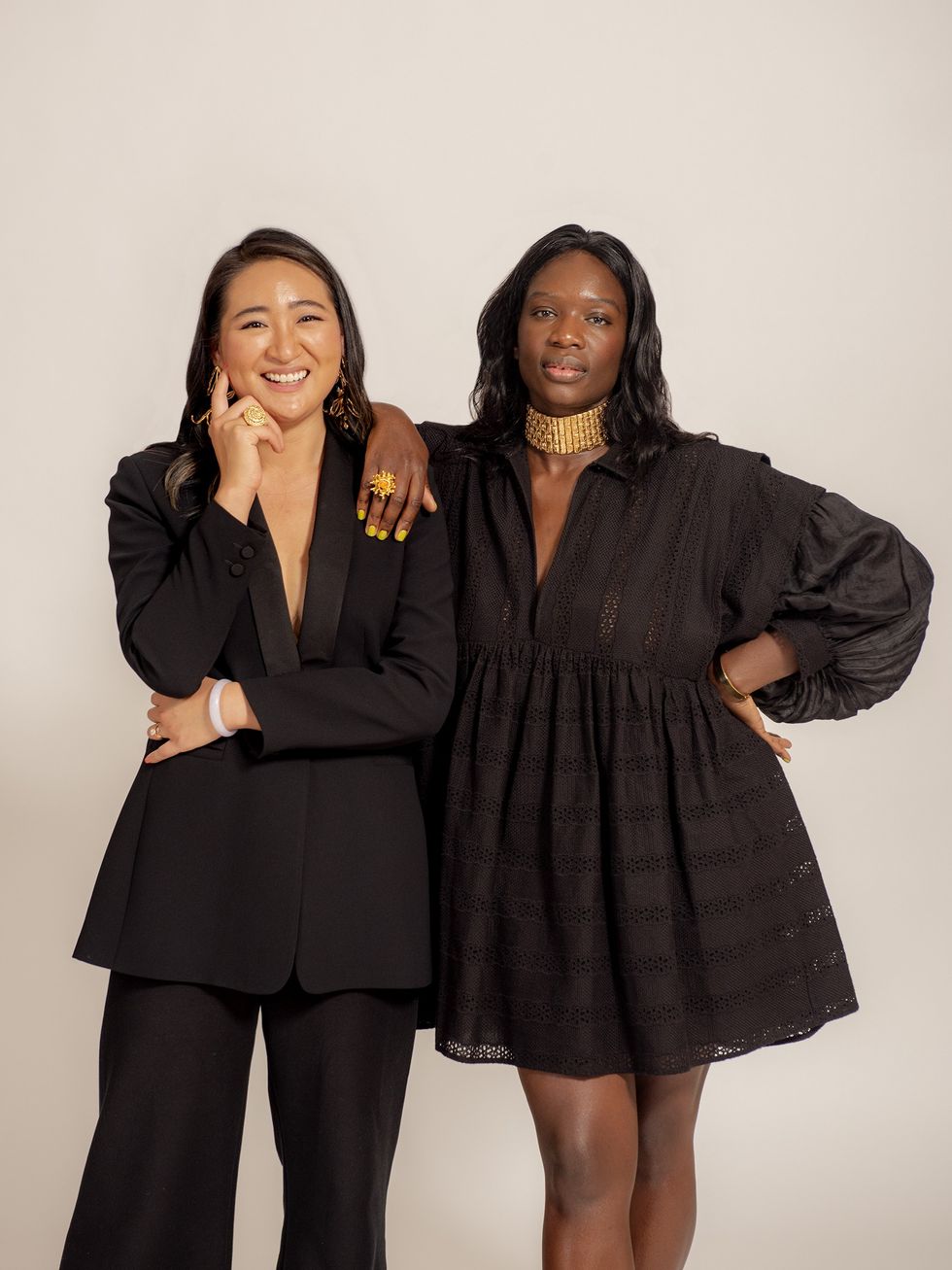
Eadem Skincare founders Marie Kouadio Amouzame and Alice Lin Glover
Photo Credit: Eadem Skincare
On the gap they wanted to fill in the beauty space:
“The existing products for hyperpigmentation at the time had clinical studies where only older Caucasian customers were shown. And they didn’t necessarily have hyperpigmentation; a lot of them had age spots. We wanted to specifically address post-inflammatory hyperpigmentation so that’s what we set out to do first. And since we were creating products specifically for melanated skin, we needed different ingredients and formulations. Things don’t show up the same on our skin; the barrier damage, for example, isn’t red.
“We started looking at ingredients, formulators, contract manufacturers, and started clinical testing, because if you think you have a good product, you should be able to prove to the customer why it’s good. Plus, we discovered that for most hyperpigmentation products, clinical testing isn’t done on people with darker skin tones so you’re taking a chance when buying those products.”
On choosing to launch with one single product:
“We make our formulas from scratch rather than buying them from a catalog and changing a few things. So it takes time for us to be happy with the product. We’re very much perfectionists and want everything to look a certain way—the brand, the product, everything.
“When you don’t have a lot of money for marketing and you’re not a huge direct-to-consumer brand that just raised $3 million, how are you going to focus on telling the story of your brand and your community when you’re launching five products at the same time? I’ve never seen that done well without a ton of money. We decided to focus on the story of this one product and how it was solving a very well-known problem for this specific community.”
On the challenges they faced along the way:
“We knew we wanted to do clinical testing so the first step was to find a lab that would agree to do that. We didn’t know it would be so hard to find. We spent a year calling labs and they would say, ‘Oh, we don’t do that,’ or ‘If you want Asian or Black people on the panel it’s going to cost you more.’ And by ‘more’ they meant $20,000 more. We finally found a lab that was willing to build a custom panel for us. Yes, it was expensive but we paid with our own money because we believed in the brand and the mission that much.
“It was hard to find the contacts and the right network early on. We didn’t know anybody [in the beauty space] so we would literally fill out forms online like, ‘Hey, you guys manufacture products, do you want to work with us?’ I’d say that 99% of people don’t reply to your emails unless you know someone. It wasn’t until I met up with a friend who was launching a fragrance brand that things started to fall into place; she introduced me to another skincare founder who introduced me to a chemist, who introduced me to a lab, who introduced me to the testing facility. That’s how we figured it out. If you weren’t from that world, you wouldn’t get a response from anyone.
“Funding was also difficult. I feel like it has been talked about ad nauseam at this point but when you’re a founder of color, and especially when you’re serving customers of color, it’s really hard to get funding. We had to look within. We asked our friends and family, and they were wonderful.”
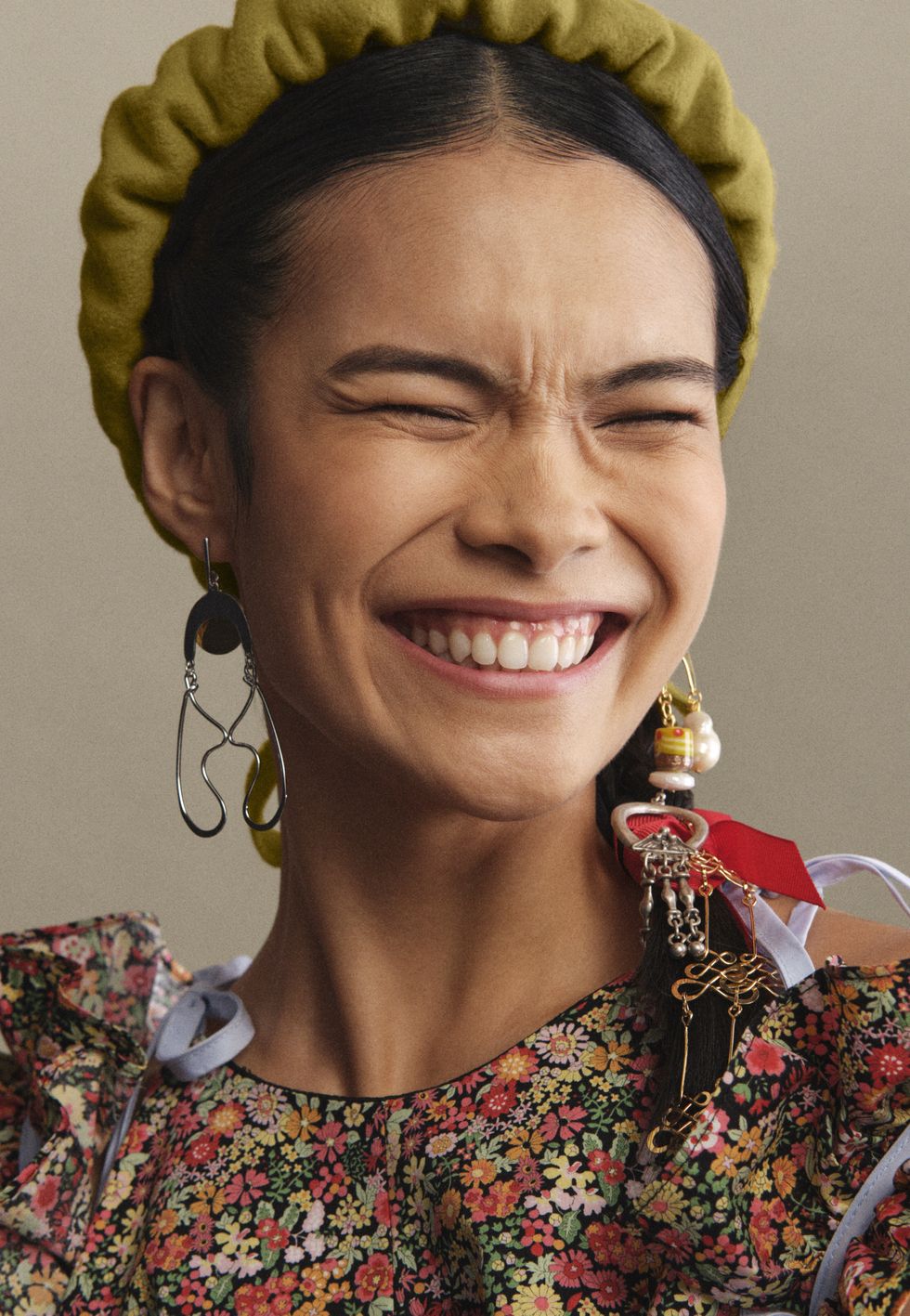
Photo Credit: Eadem Skincare
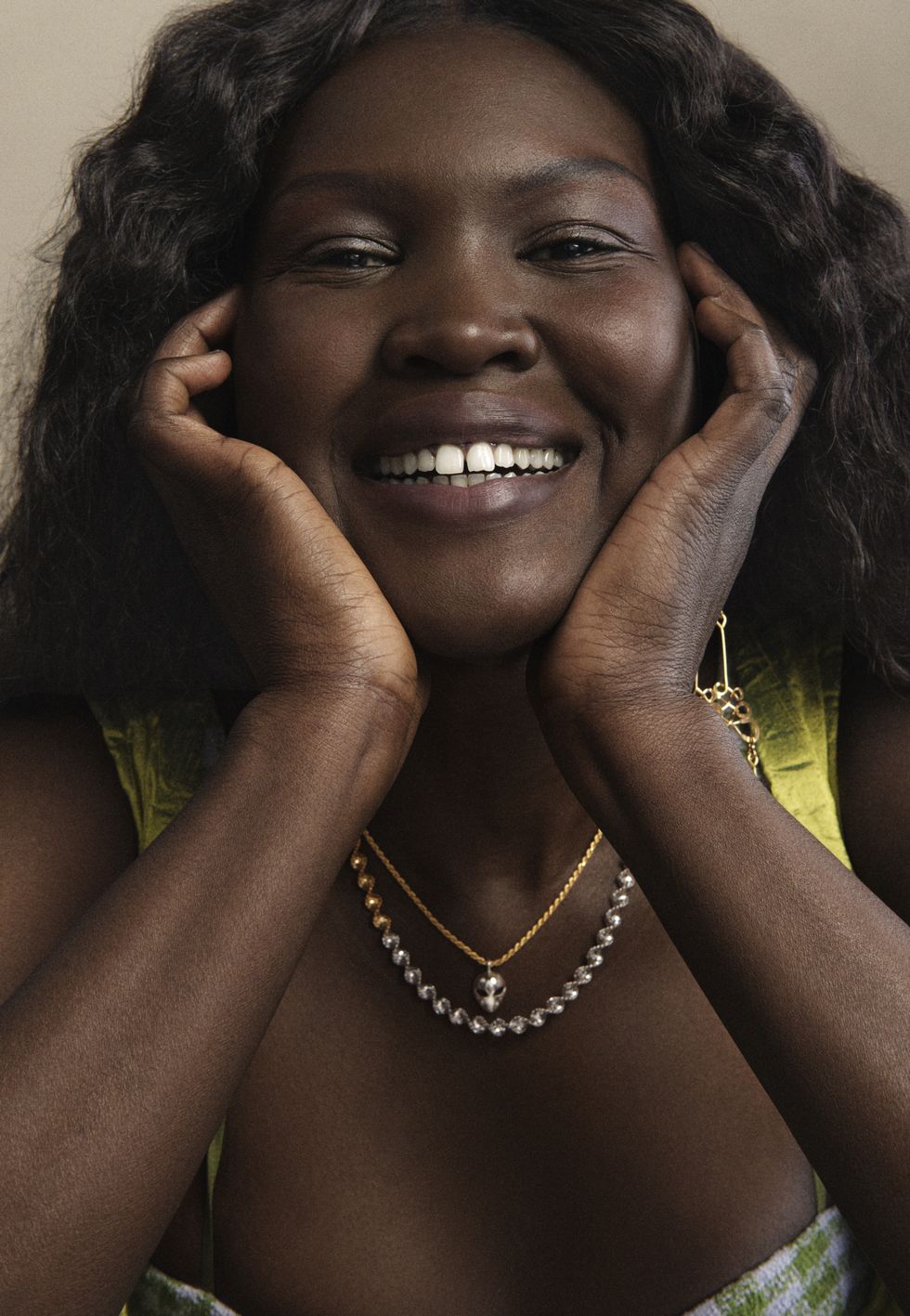
Photo Credit: Eadem Skincare
On being a ‘clean’ beauty brand:
“Everyone has their own definition of what ‘clean’ means to them. We know that people of color are way more impacted by toxic products. And that’s not just referencing the ingredients but there’s also a secondary market where people buy dangerous lightening and brightening products. People abuse [the ingredient] hydroquinone. For us, ‘clean’ meant making products that would be a safe alternative for skin of color.”On the community they’ve built:
“Every day we get messages from women and men of all ages, and they show us their before and after [photos] and they always have very nice and encouraging words. I feel like that personally motivates me every day to do better and to launch more products. And when I look at my daughters, that makes me really proud of myself because I’m like, ‘Wow, I’m creating something that they will have growing up that I didn’t have.’”

